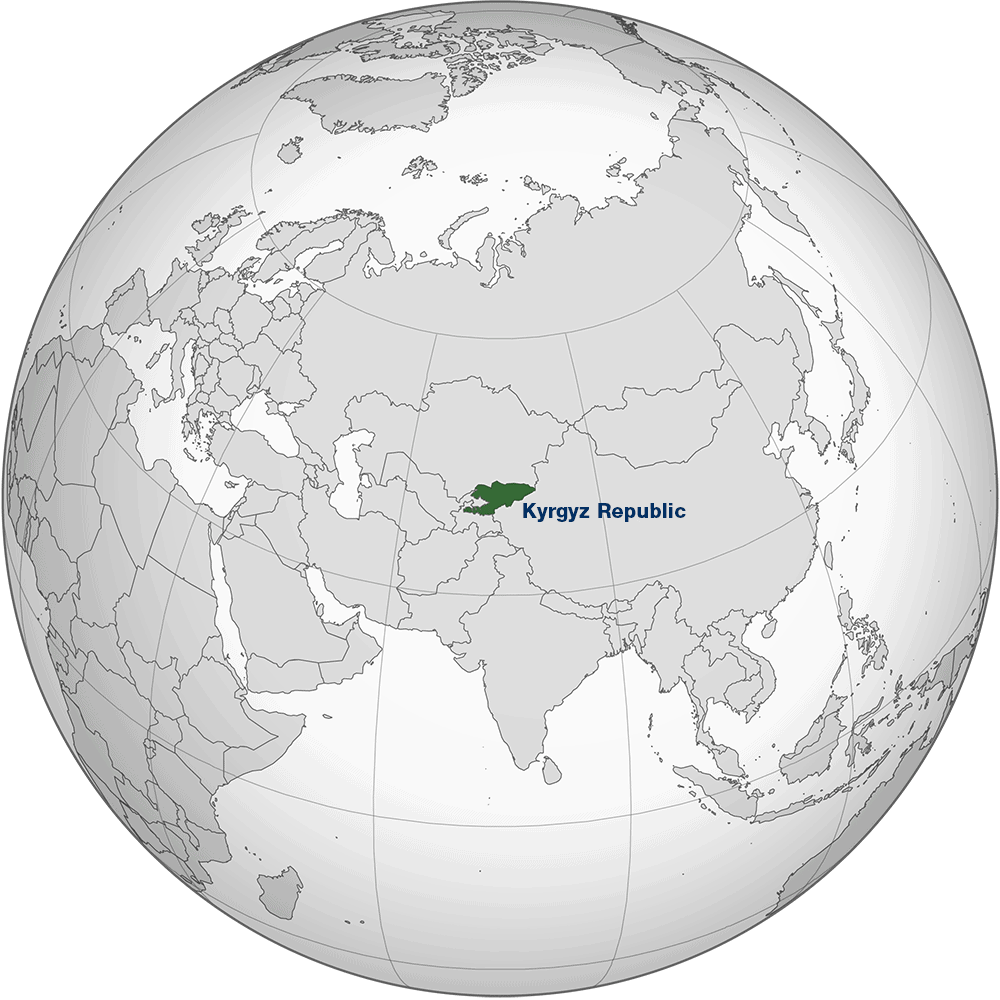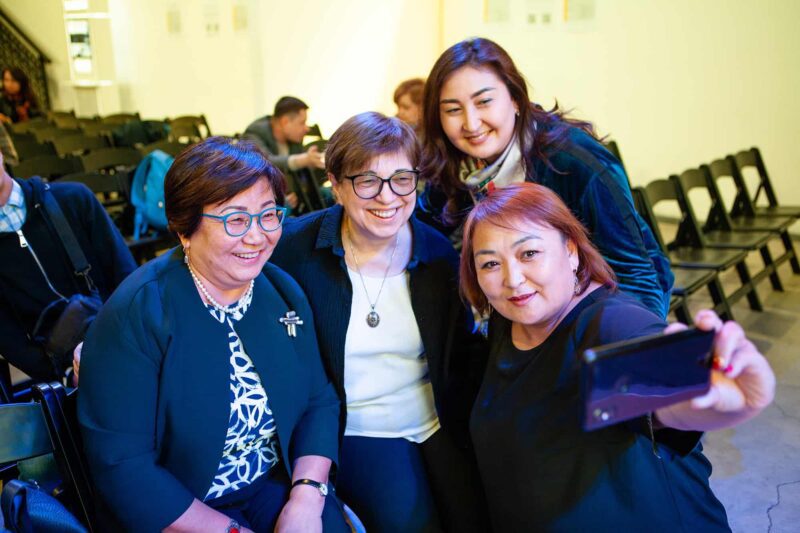 The absence of legislation governing social media – or any kind of internet regulation – is having extremely negative effects on the lives of ordinary people in Kyrgyz Republic.
The absence of legislation governing social media – or any kind of internet regulation – is having extremely negative effects on the lives of ordinary people in Kyrgyz Republic.
In 2017, the Prime Minister ruled that bloggers were equivalent to print or broadcast media houses. This meant that anyone blogging in Kyrgyz Republic would have to register as a company, and comply with legislation designed to control national broadcasters and news outlets.
Anyone liking or sharing content on social media has the same responsibility and legal accountability as the person who created the content.
In a country where anyone discussing human rights is likely to be labelled as a dangerous extremist, this carries risks: recently, a young man was imprisoned because he shared a social media post that criticised the government.
Despite this, and despite the fact that around 70% of the Kyrgyz population regularly access social media content online, there is very little awareness of digital rights amongst the general public.
Not only are people unaware of the risks they run through everyday engagement with social media; they do not realise that their rights are routinely abused by the current legal system.
Natalia, a Kyrgyz journalist, used her Internews grant to work with a team of two other journalists and three editors, to create a series of four articles about internet democracy in Kyrgyz Republic.
The articles compared the situation with other countries, and highlighted the ways in which citizens are currently restricted. The work targeted the general public, and was published on an internet news site.
Natalia and her team also saw a need to provide training for bloggers, to help them to understand their rights and advocate for change.
But the bloggers weren’t interested in participating. They didn’t understand why the training was needed, and didn’t think the regulations were problematic.
There was a similarly disappointing response to Natalia’s articles on internet freedom. The team didn’t monitor how many people accessed them, but think numbers were low.
As Natalia explains, “People aren’t really interested in such topics, and don’t want to read about it. People are interested in murder, violence, juicy politics, and so on.
But digital rights is quite a complex topic, and articles are maybe not the best way to cover it. Maybe another approach is needed.”
This work enabled Natalia and her team to understand that a longer-term campaign is needed, engaging people through more popular social media platforms, like Facebook and Instagram.
As this is such a new concept for the Kyrgyz public, there is a need for in-depth discussion over a period of time that enables people to engage, ask questions and learn about what internet freedom could mean for their lives.
As Natalia points out, “It’s complex for people. In this country, we have problems with human rights in general – how can we expect people to understand digital rights?”
So the articles were an important first step, and provided crucial learning for how to proceed. Natalia and her team were keen to build on this, but struggled to find funding.
After several months of trying to find ways to continue, the team simply couldn’t afford to keep working.
Natalia had to take a job that provides a regular salary, and although she hopes to return to the issue of internet freedom at some time in the future, there are no plans for this at the moment.
More Case Studies:
Togo | Bolivia | The Gambia | Argentina | India | Kyrgyz Republic | Ukraine | Cameroon | Mexico | Grassroots Initiatives Home Page
(Banner photo: participants in Internews’ Toptoo conference in Kyrgyzstan. Credit: Internews)
